BUSINESS
ANALYTICS
(BSBA)



BUSINESS
ANALYTICS
(bsba)
Program Overview
Award : Bachelor of Science in Business Analytics (BSBA)
The University of Rhone’s Bachelor of Science in Business Analytics is a cutting-edge program designed to cultivate highly skilled professionals capable of navigating the increasingly data-driven business landscape.
Total Credit Hours: 180 ECTS
Program Duration: 3 years (6 semesters)
Mode of learning: On campus/Online/Blended
Course Overview
The University of Rhone’s Bachelor of Science in Business Analytics is a cutting-edge program designed to cultivate highly skilled professionals capable of navigating the increasingly data-driven business landscape. This three – year program, offered in on-campus, online, or blended modes, provides a comprehensive blend of technical data analysis expertise and core business acumen. Students delve into subjects like statistical methods, data management, programming languages (such as Python and R), and data visualization, ensuring they gain both the theoretical understanding and practical tools necessary to extract meaningful insights from complex datasets. The curriculum is structured to build foundational knowledge in year one, move into core analytics and business skills in year two, and culminate in advanced analytics and real-world application in year three, including a crucial Capstone Project.
Graduates of the BSc in Business Analytics program emerge with a robust skillset, prepared for diverse and in-demand roles in various sectors, including finance, marketing, operations, and general business. The program emphasizes the ability to analyze quantitative and qualitative data to support strategic decision-making, effectively utilize statistical tools and software, and communicate data-driven insights to diverse audiences. Beyond technical proficiency, students develop critical thinking, problem-solving abilities, and an understanding of ethical considerations in data handling, making them well-rounded professionals ready to contribute significantly to organizations seeking to leverage data for competitive advantage. The University of Rhone’s commitment to applied learning, experienced faculty, and strong career support ensures that graduates are not only skilled but also confident and prepared for successful careers in the global data economy.
Learning objectives
Upon successful completion of the Bachelor of Science in Business Analytics, graduates will be able to:
1. Analyze quantitative and qualitative data to support business decision-making.
2. Utilize statistical tools and software for data analysis and visualization.
3. Understand and apply principles of business management and operations.
4. Communicate data-driven insights effectively to diverse audiences.
5. Apply ethical considerations in data handling and analysis.
6. Work collaboratively in team settings to solve complex business problems.
Target Audience
School Leavers – The fresh out of high school with a knack for numbers, problem-solving, and technology, this program is perfect for setting you on a successful career path.
Career Starters – Anyone eager to enter the job market with cutting-edge, highly sought-after skills that are crucial in virtually every industry.
Analytical Minds – Individuals who enjoy working with data, identifying patterns, and using insights to solve real-world challenges.
Aspiring Innovators – Those who want to be at the forefront of business intelligence, helping companies make smarter, data-driven choices.
Career Opportunities
A Bachelor of Science (BSc) in Business Analytics is a highly sought-after degree in today’s data-driven world. It equips graduates with the skills to analyze complex data, identify trends, make informed decisions, and solve business problems across various industries.
Here’s a breakdown of common career opportunities and what they entail:
Core Roles Directly Related to Business Analytics:
Year 1: Foundations of Business and Analytics
1. Introduction to Business functions and environments
2. Principles of Economics
3. Business Mathematics
4. Introduction to Statistics
5. Computer Programming for Business
6. Business Communication
Year 2: Core Analytics and Business Skills
1. Data Management and Databases
2. Business Statistics
3. Data Visualization
4. Operations Management
5. Marketing Analytics
6. Ethics in Data Analytics
Year 3: Advanced Analytics and Application
1. Predictive Analytics
2. Big Data Analytics
3. Business Intelligence
4. Capstone Project
5. Electives (Choose 2)
Topics may include
- Financial Analytics
- Social Media Analytics
- Advanced Programming Techniques.
Assessment Methods
The assessment methods for the program will typically include:
